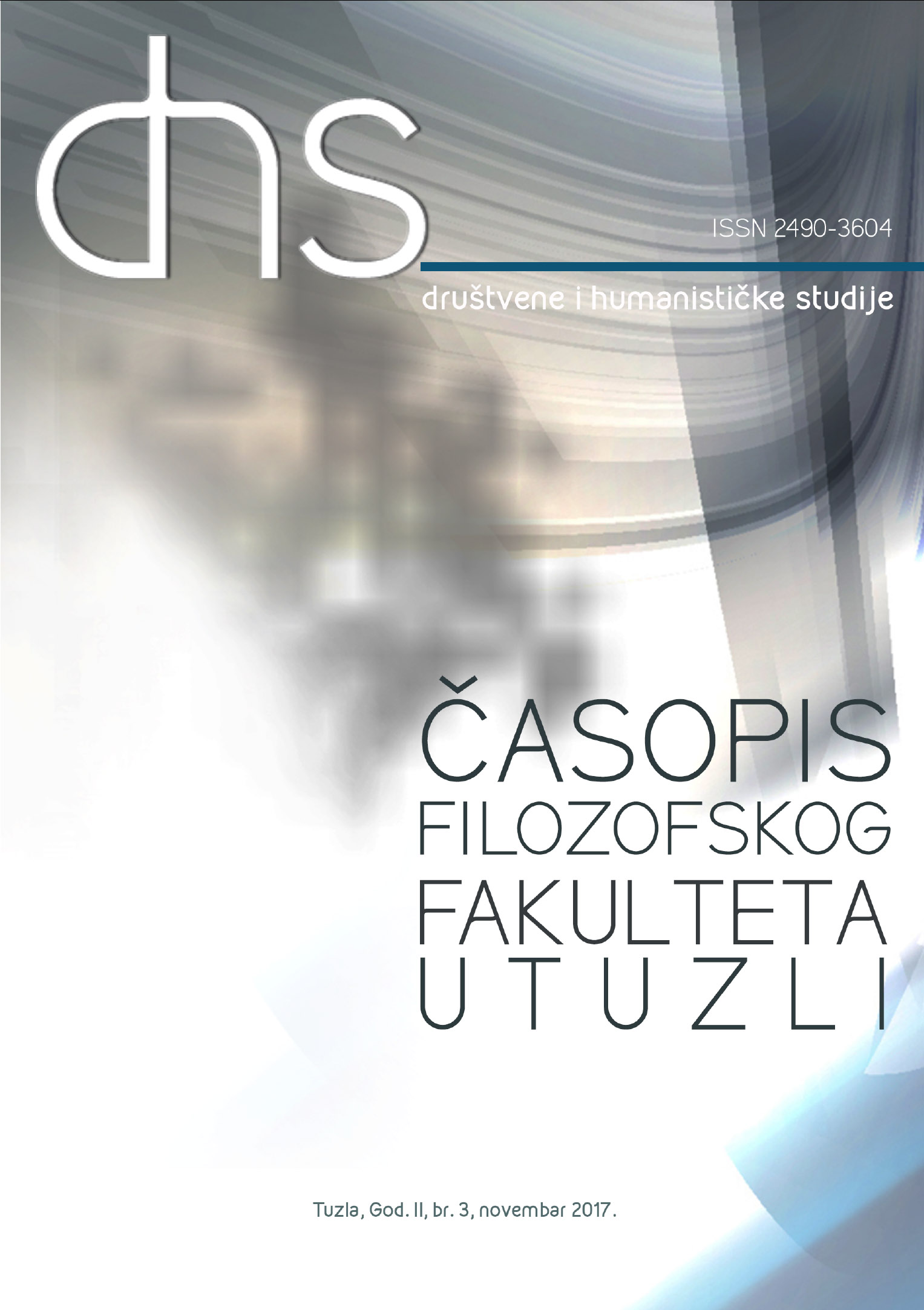Socijalna politika u sferi odgoja i obrazovanja
Social Policy Development in Education
Author(s): Karolina Tadić-Lesko, Janja MilinkovićSubject(s): Social Sciences, Education, State/Government and Education, Welfare services
Published by: Filozofski fakultet Univerziteta u Tuzli
Keywords: social policy; educational policy; the center for the social work; school; pupils;
Summary/Abstract: The Constitution of Bosnia and Herzegovina defines social policy under the jurisdiction of the Federation of Bosnia and Herzegovina and the Republic of Srpska. But, it is important to emphasize that the social policy is organized like divided jurisdiction between the Federation and counties, therefore the citizens are faced with the different regulations and with the unequally defined rights from the social legislation. The social policy should act on finding and analyzing of data about the socially vulnerable categories, in particular, it should take care of the children „from bottom-up”, so the existing and available resources should be focused on children, especially on children from the socially vulnerable families. In this work, a research on social policy is presented in the sphere of education in the Town of Mostar. Keeping in mind the user's groups, the focus is on the students, and the objectives are the following: 1. to determine the attitudes and opinions of the teachers about the social policy in the sphere of care and education. 2. to analyze attitudes of the representatives of social and educational policy. 3. to analyze the attitudes of social workers from the Centre for the social work. The study included 250 teachers of the elementary schools, by one representative of social and educational policy and also 9 social workers. Testing theattitudes of teachers has been conducted with a questionnaire of Likert type (with degrees from 1 to 5), as opposed to testing the attitudes of the representatives of social and educational policy as well as the social workers that has been done according to the Protocol for an interview. The results of the study show that the teachers and social workers are not satisfied with the social policy in the sphere of care and education, but the representatives of social and educational policy are aware of their poor cooperation and as such, this poor cooperation is interpreted in the context of insufficient focus of social policy onto the protection of pupils and the lack of (non)formal cooperation among the individuals in the social and educational domains. So, the social policy should provide the primary needs to children from the socially vulnerable families, both, at home and school. The social policy should also protect the rights and interests of children who are vulnerable and even at risk of social exclusion. This work provides only a basis which directs and encourages further research in the direction of testing accountability and taking measures to improve the material and social benefits of pupils.
Journal: DHS-Društvene i humanističke studije: časopis Filozofskog fakulteta u Tuzli
- Issue Year: III/2017
- Issue No: 3
- Page Range: 441-452
- Page Count: 12
- Language: Croatian

